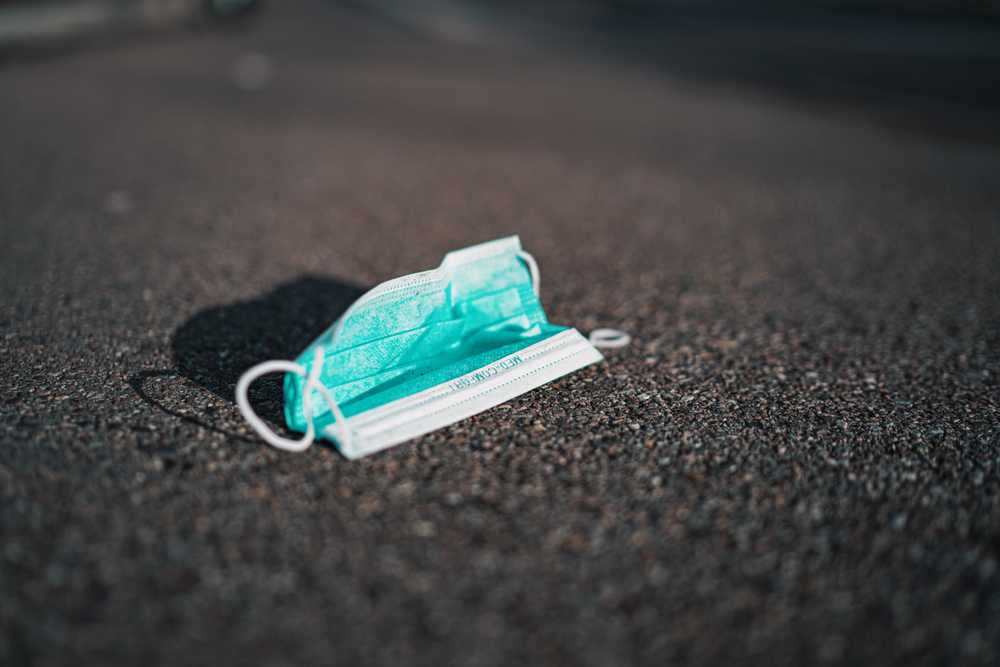Do your best not to obfuscate
I recently watched A Life on Our Planet, a documentary that David Attenborough called his witness statement. He talked as if he was testifying against humanity for the stupid things we’ve done collectively to degrade our only inhabitable planet. I enjoyed the cinematography, but I enjoyed even more the crew’s skilful execution in making it clear that we are screwing up badly, and the biggest victims are animals, including us.
 Photo by Claudio Schwarz
Photo by Claudio Schwarz
In the days after I watched the documentary, I started to see how many of our environmental and social problems are caused by obfuscated systems.
Obfuscate means to make obscure. Insurance is a prime example of a system that has become extremely obscure. It takes a university graduate like me a few days to understand what an insurance product covers and how it works to my benefit as a customer.
The modern system of food production is extremely obscure. Do you know which country your chicken comes from? Which city? Was it grown in a farm or a factory? Where were they eventually killed and sliced up and processed into the neat styrofoam and cellophane package that you picked up from the supermarket?
I don’t know where any the things I eat come from. That’s why I became vegetarian. Once I saw how the industry obfuscated the food production system, making it hard for my brain as a buyer to connect the piece of steak I find lined on a supermarket shelf with an actual, living animal, I had to stop and rethink eating meat. I was not eating meat, I was eating an animal! Eating an animal without killing it myself is lazy and cowardly and I especially dislike feeling like the latter.
So, that’s an example of how obfuscation can neutralise ethical action.
For me, the worst consequence of obfuscating systems is waste. Out of sight, out of mind.
I’m starting to realise that we waste a lot because we don’t know anything about how flipping a switch causes electricity to surge into our electric stovetops. The systems that make it possible for water to flush at the push of a button, for trash to be taken away to who-knows-where by simply tossing an item into a bin, and for meat to be appear on the supermarket shelf are all obfuscated.
Some of these systems were designed with obfuscation in mind, others accidentally so. But one thing is the same: they lead to waste.
Part of my current job is to provide technical customer support. That means that whenever a customer meets a technical problem while using our web application, they eventually talk to me or someone in my team. Why is there a need for technical customer support? Yep, it’s because our web application is a system that has made some parts of the process of creating ads on social media more obscure than it is.
The remedy is to make things transparent. To make things transparent is to undo obfuscation!
Facebook and Google’s privacy terms were obfuscated until the European Union passed the GDPR legislation that forced them and companies like them to make things transparent. Now users like you and I have a choice of whether or not to be under surveillance and on the receiving end of hyper-targeted ads. The power is back in the hands of the users to make their own decision.
I wonder how much less waste there would be if we lobbied successfully for a legislation that forces any butchery to only be located directly next to the sausage factory. Or for all insurance products to pass an “explained to and understood by 80 percent of 12-year-olds” test. Or that all code that integrates web services to be open-source only.
Do your best not to obfuscate, because that inadvertently leads to waste. Wasted time figuring out why something went wrong. Wasted pain and life rearing animals for meat and to suffer its vengeance in the form of COVID-19. Wasted biodiversity by consuming much more than we need, leading to our eventual demise. Everything starts relatively simple. We may be meant to keep them so.
